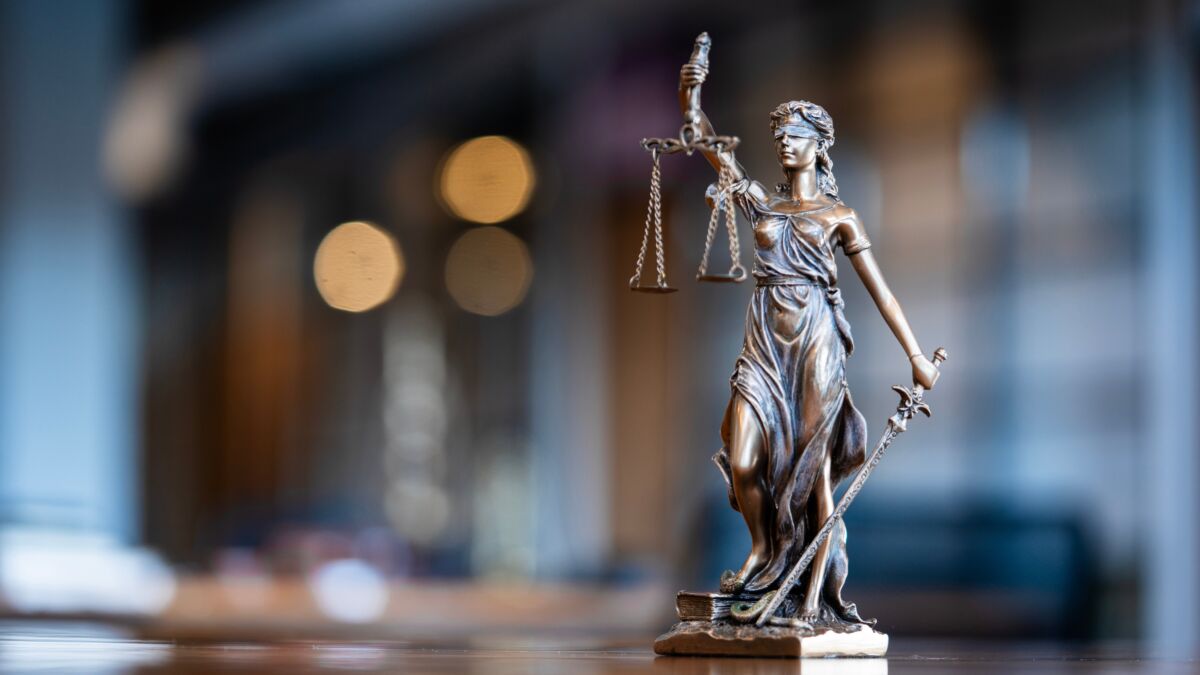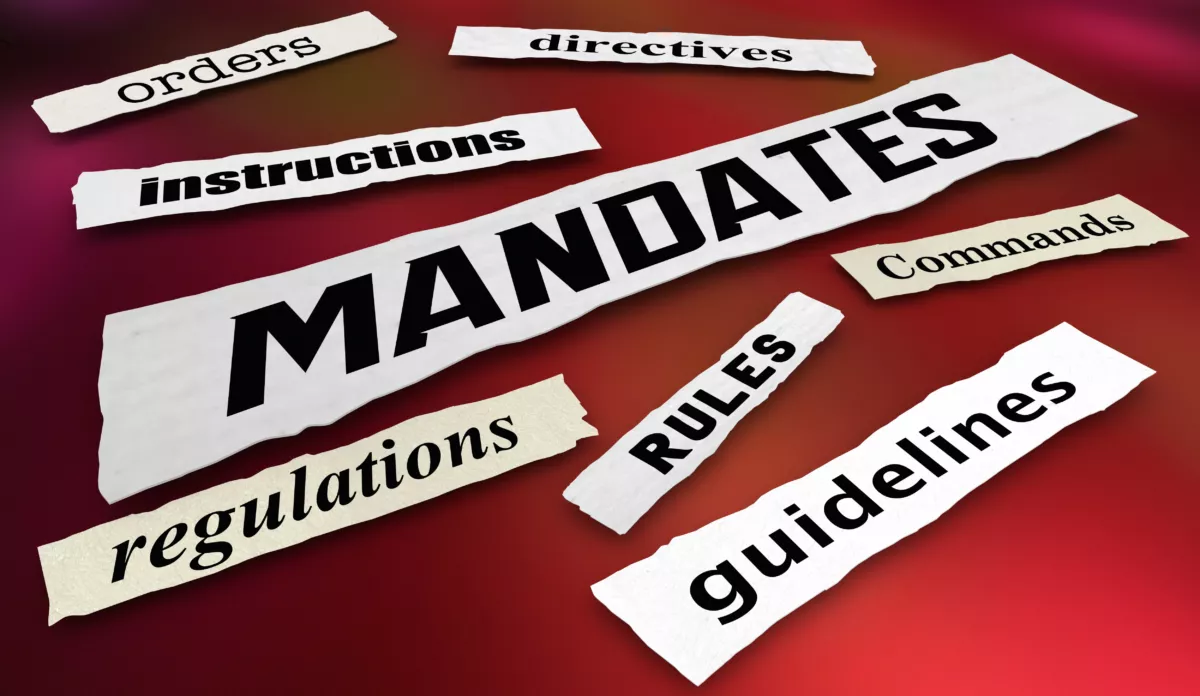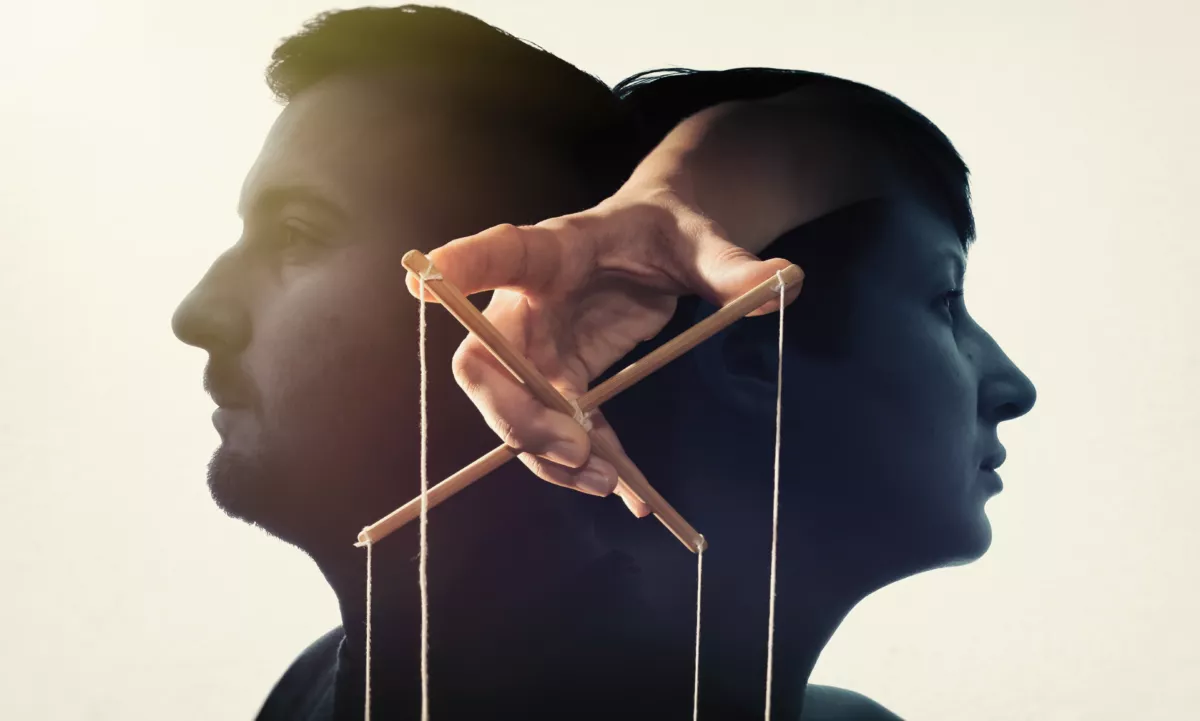Unspoken Rules of the Courtroom
A Self-Represented Litigant’s Perspective on the Duty of Candour
By White Wolf
Navigating the Legal System When One Side Plays by Different Rules
As a self-represented litigant, I’ve learned that the legal system operates on a set of assumptions that aren’t always true. One of the most critical is the “duty of candour,” a sworn obligation that lawyers have to the court, their clients, and the opposing party.
While self-represented litigants have a similar duty to be honest, a lawyer’s duty of candour is meant to be a formal commitment to truthfulness in all things. However, this duty is not always upheld, and when it isn’t, the consequences can be severe—particularly for those of us navigating the legal system without a lawyer.
It’s a situation where the presumption of a lawyer’s honesty is a powerful tool that can be used against us, and it’s something we must be prepared to challenge.
The Duty of Candour and Its Repercussions
A lawyer’s duty of candour is a sworn duty to be truthful and honest with their client, the court, and the opposing party. When a lawyer breaches this duty by lying, there can be various consequences.
The repercussions depend on where the lie manifests. If a lawyer lies to their client, the client must figure out how to pursue a remedy. However, if a lawyer misleads the court with facts, evidence, or jurisprudence, it can lead to a miscarriage of justice.
In such cases, the court hearing’s results can be overturned on appeal, or even by the judge who heard the matter if it’s pointed out while they still have jurisdiction. A lawyer can also face contempt of court proceedings if they mislead the court, which can allow the court to reopen a case that was previously closed.
Don’t lose touch with uncensored news! Join our mailing list today.
Reopening a Closed Case
The legal concepts of res judicata and functus officio generally prevent a case from being reopened once it has been resolved on its merits. Res judicata means a matter that is finally resolved cannot be reopened, while functus officio means a court has fulfilled its function.
However, if a lawyer lies or misleads the court, it can provide grounds for reopening a case. The opposing party can initiate contempt of court proceedings, which allows the court to re-examine all the material, including any new evidence that was previously left out.
If the judge was misled by a limited showing of facts or law, they have the opportunity to rehear the matter and issue a new decision.
Sanctions and Special Costs
If a judge has to rehear a trial because a lawyer engaged in negligent or fraudulent misrepresentation, or committed fraud upon the court, the judge can impose sanctions on the lawyer.
One form of sanction is an order for “special costs.” Special costs can require the lawyer’s party to pay almost 100% of the other side’s costs for the relitigation. This is in stark contrast to the normal litigation process, where a winning party might only be awarded 30% to 40% of their costs.
In a contempt proceeding related to a breach of the duty of candour or fraud upon the court, the successful party can claim up to 90% of their costs.
The Challenge for Self-Represented Litigants
Here’s where things get interesting and frustrating. While lawyers are bound by the duty of candour, they often don’t hold each other accountable for breaches.
This is because lawyers in the same law society have allegiances to each other and an oath not to embarrass or criticize one another. They are, in essence, “team lawyer.”
This creates a situation where lawyers can get away with misleading the court because it’s assumed they are being truthful. However, as a self-represented litigant, we have a unique opportunity to call out lawyers who lie to the court and cause a miscarriage of justice.
Pursuing Accountability
If you catch a lawyer breaching their duty of candour, you can bring it to the judge’s attention and pursue contempt of court proceedings to hold them and the other party accountable.
A lawyer’s fraud upon the court involves using the legal process to achieve something they couldn’t otherwise. For instance, a party might use a convoluted litigation process to convince a court to order that they have the right to take your belongings.
If you discover that the court was misled by misrepresentation to make such an order, there should be serious repercussions. In addition to bringing it to the judge’s attention, you can also file a complaint against the lawyer with the law society.
While lawyers are not often held accountable, it’s a path worth pursuing to fire a “shot across the bow” and let them know there will be repercussions for their actions. If the judge doesn’t rule in your favor, you can appeal to a higher court to correct the error.
Conclusion
The duty of candour is a cornerstone of the legal system, but it’s a duty that is not always upheld, and the very people who should enforce it often look the other way.
For self-represented litigants, understanding this duty and the potential for its breach is essential. We have the ability to identify when we are being misled and to hold lawyers and their parties accountable through contempt of court proceedings and complaints to the law society.
By doing so, we not only fight for our own cause but also work to ensure the integrity of the justice system itself. We may not be on “team lawyer,” but we have a crucial role to play in holding that team to its own sworn standards.
Read more by White Wolf on prosepma.ca/forum











